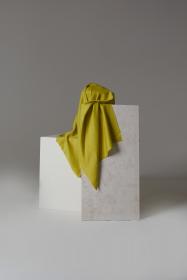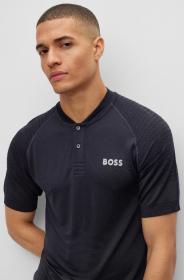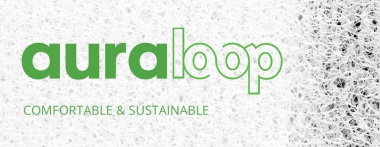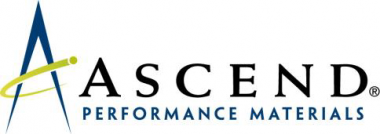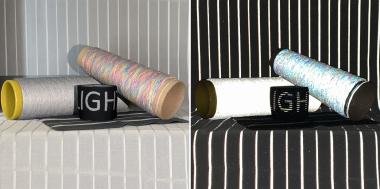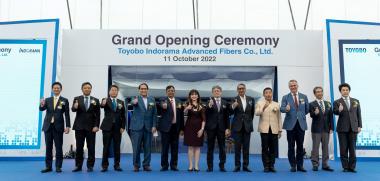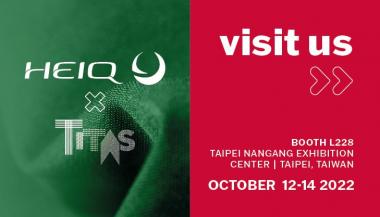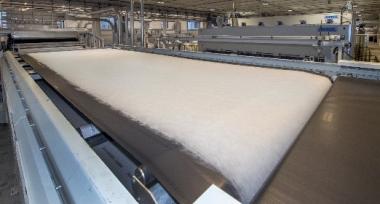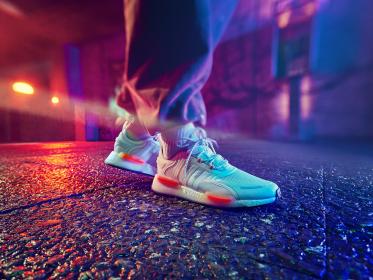BOGNER Wanderlust Capsule Collection 2023
The BOGNER Wanderlust styles transport the iconic BOGNER après-ski look into summer, combining details from hiking and active sports with fashionable urban silhouettes.
Vintage details from the BOGNER archives are reinterpreted through modern materials. Slightly cropped tops with dropped shoulders and voluminous sleeves meet piped pockets and striking hoods. BOGNER typical performance elements are combined with sustainability through natural materials like Bavarian Wool and recycled polyester. The highlights of the styles are prints by Viennese street artist Manuel Skirl capturing the spirit of wanderlust. The result is a creation of handmade and digitized prints that resemble a topographical map of a mountain.
Willy BOGNER GmbH










